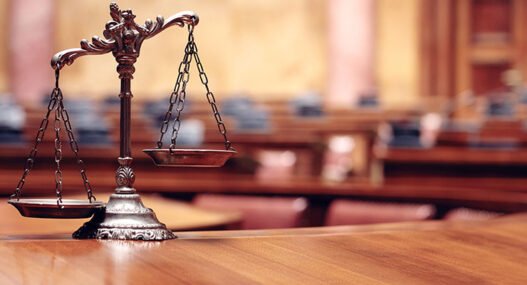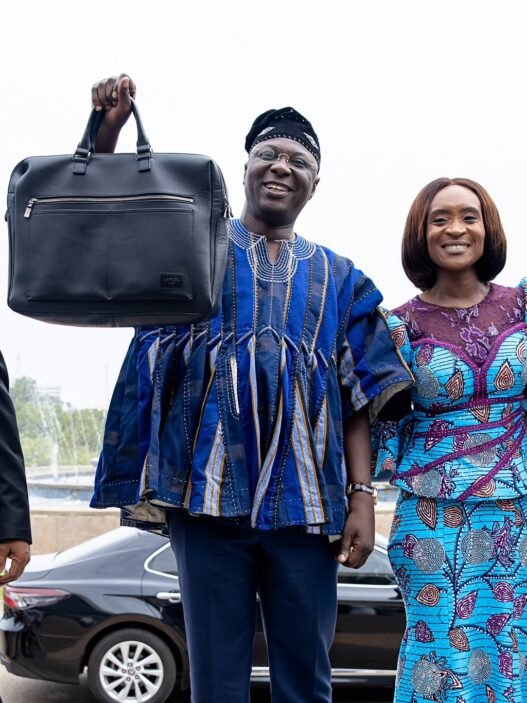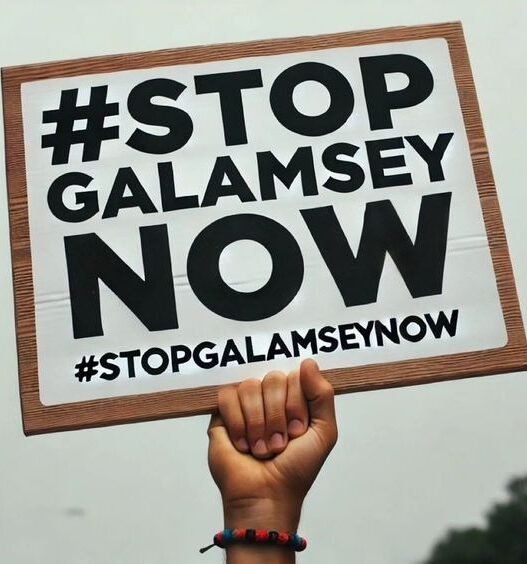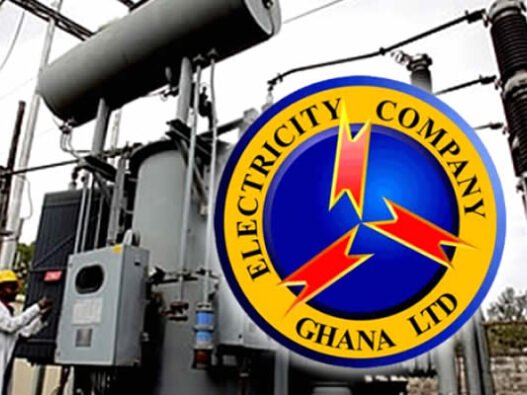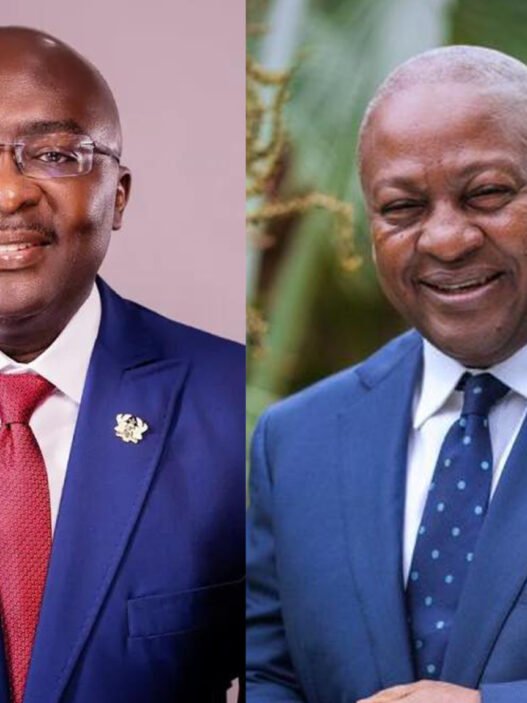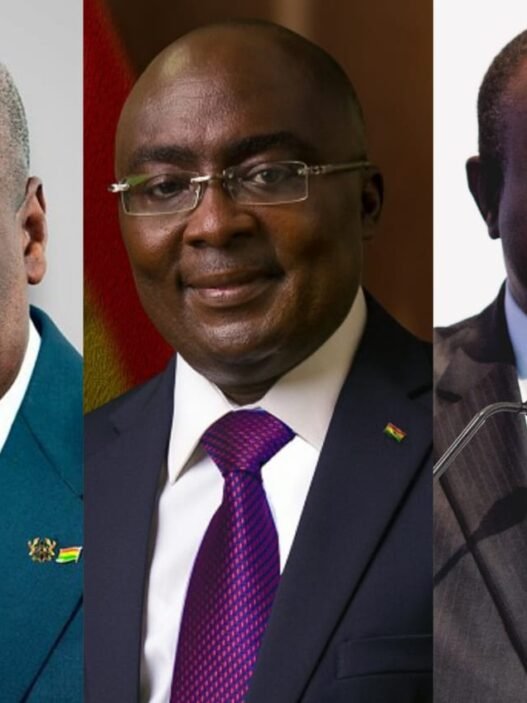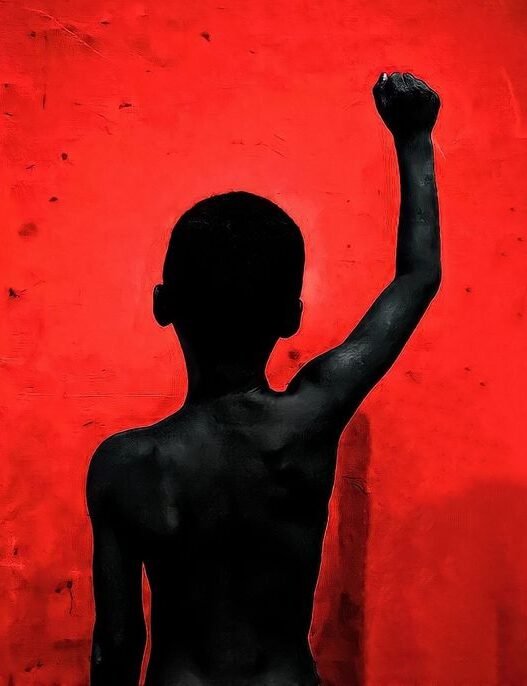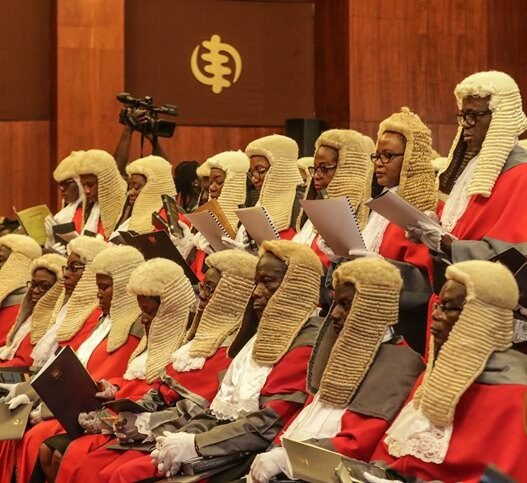In the heart of Ghana’s political theater, a compelling narrative unfolds with uncanny synchronicity. Two landmark legal cases, separated by years but connected by the same ruling political party, the New Patriotic Party (NPP), have cast deep shadows over the nation’s legal landscape. This independent investigation seeks to explore the intricate ties, peculiar timings, and the questionable motivations behind these high-profile trials, which continue to shape Ghana’s political discourse.
“Are these trials legitimate pursuits of justice, or are they tools of political maneuvering designed to eliminate rivals and consolidate power?”
Chronicles of Controversy: Tsatsu Tsikata’s Conviction (2008)
In 2008, Tsatsu Tsikata, former CEO of the Ghana National Petroleum Corporation (GNPC), was sentenced to five years in prison. The case centered around charges of causing financial loss to the state, specifically through a GNPC-guaranteed loan to Valley Farms, a private cocoa-growing company. While the financial complexities of the case were undeniable, it was the political spectacle that dominated headlines.
The trial, which commenced in 2002, spanned six years and passed through various levels of Ghana’s judicial system before finally concluding just a year before the NPP’s eight-year administration was set to end. Tsikata’s legal ordeal was punctuated by claims of political interference and attempts to sideline a powerful figure aligned with the opposition party, the National Democratic Congress (NDC).
The conviction sparked intense debate. Was this case merely an effort to combat financial mismanagement, or was it a thinly veiled attempt to neutralize a political heavyweight? Tsikata’s ties to former President Jerry John Rawlings and his intellectual prowess made him a formidable figure in Ghanaian politics, fueling suspicion that his conviction had deeper motivations beyond the courtroom.
Coup Plot or Political Theater? The 2021 Treason Trial
Fast forward to 2021, and Ghana found itself in the midst of a treason trial, the first of its kind since the overthrow of Kwame Nkrumah in 1966. Six individuals, including three soldiers, stood accused of plotting to overthrow the government of President Nana Akufo-Addo. The severity of the charges—punishable by death—raised alarms nationwide.
The alleged plot involved an arsenal of locally manufactured guns, improvised explosive devices, and AK-47 rifles. Yet, questions about the feasibility of such a coup attempt soon surfaced. Could this small group, with rudimentary weapons, genuinely overthrow a government, or was this trial part of a larger, politically motivated scheme to stifle dissent ahead of the 2020 general elections?
The timing of the arrests, much like in Tsikata’s case, was telling. The accused were apprehended in 2021, just one year before the NPP’s second term drew to a close. As the trial progressed, intercepted communications and witness testimonies became critical pieces of evidence. Yet, defense lawyers raised concerns about the legitimacy of this evidence, suggesting that it might have been manipulated to fit a predetermined narrative.
Parallel Narratives, Divergent Outcomes
While both cases share a common thread of high political stakes at the tail-end of the NPP’s governance cycle, their outcomes were drastically different. Tsikata was convicted and imprisoned, a decision that was later overturned on appeal after a change of government. The alleged coup plotters, however, faced the much more severe prospect of execution—though their fate remained uncertain as the legal battles raged on.
The contrasting severity of the sentences is striking. Tsikata’s case, built on financial irregularities, resulted in a relatively moderate five-year sentence. Meanwhile, the treason trial, where the accusations rested on the intent to overthrow the government with questionable means, exposed the accused to the ultimate penalty—death.
Conclusion: Shadows in Ghana’s Legal and Political Landscape
These two cases offer a glimpse into the entangled relationship between law and politics in Ghana. The recurrence of politically charged trials, often coinciding with election cycles or the end of a ruling party’s term, raises fundamental questions about the impartiality of the legal system.
Are these trials legitimate pursuits of justice, or are they tools of political maneuvering designed to eliminate rivals and consolidate power? The similarities between the Tsatsu Tsikata conviction and the 2021 treason trial suggest that Ghana’s legal system may be at risk of becoming a pawn in the country’s broader political chess game.
In unraveling these threads, it becomes clear that justice in Ghana may not always be blind. Political interests seem to hover just beneath the surface, casting long shadows over the courtroom. The challenge for Ghana’s judiciary is to ensure that the truth prevails, even when power seeks to obscure it. Only time will tell if these landmark trials were genuine attempts to uphold the rule of law, or if they were mere acts in a much larger political drama.









